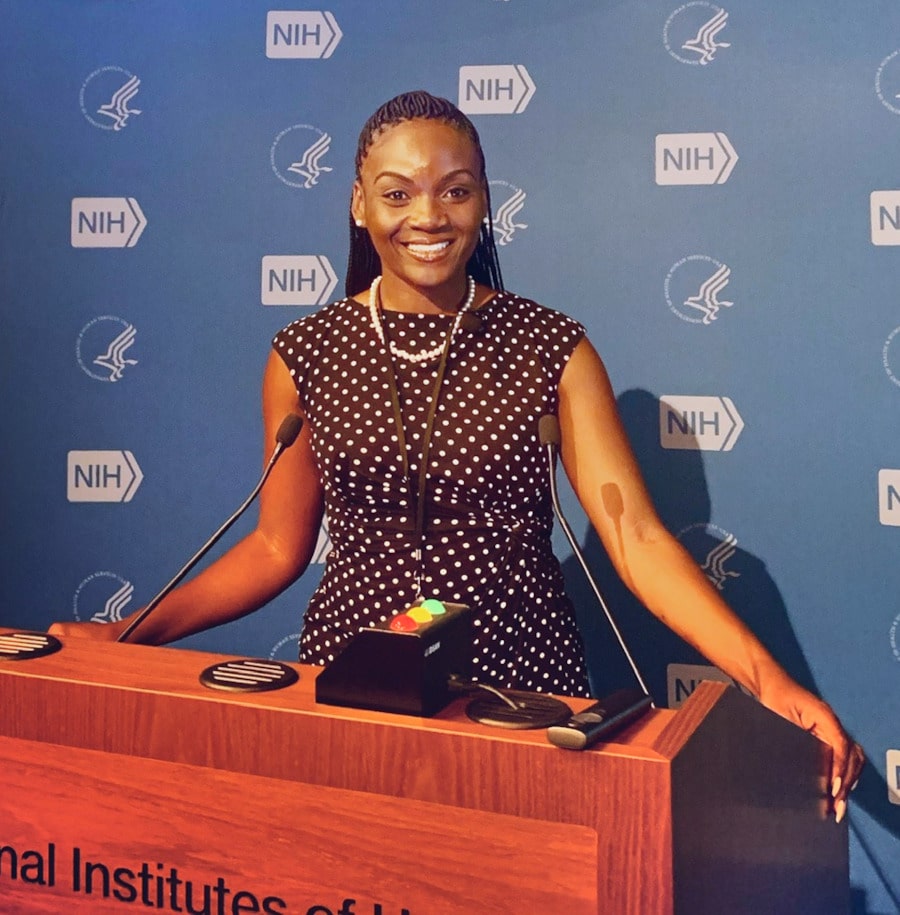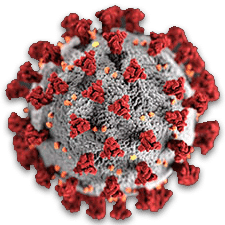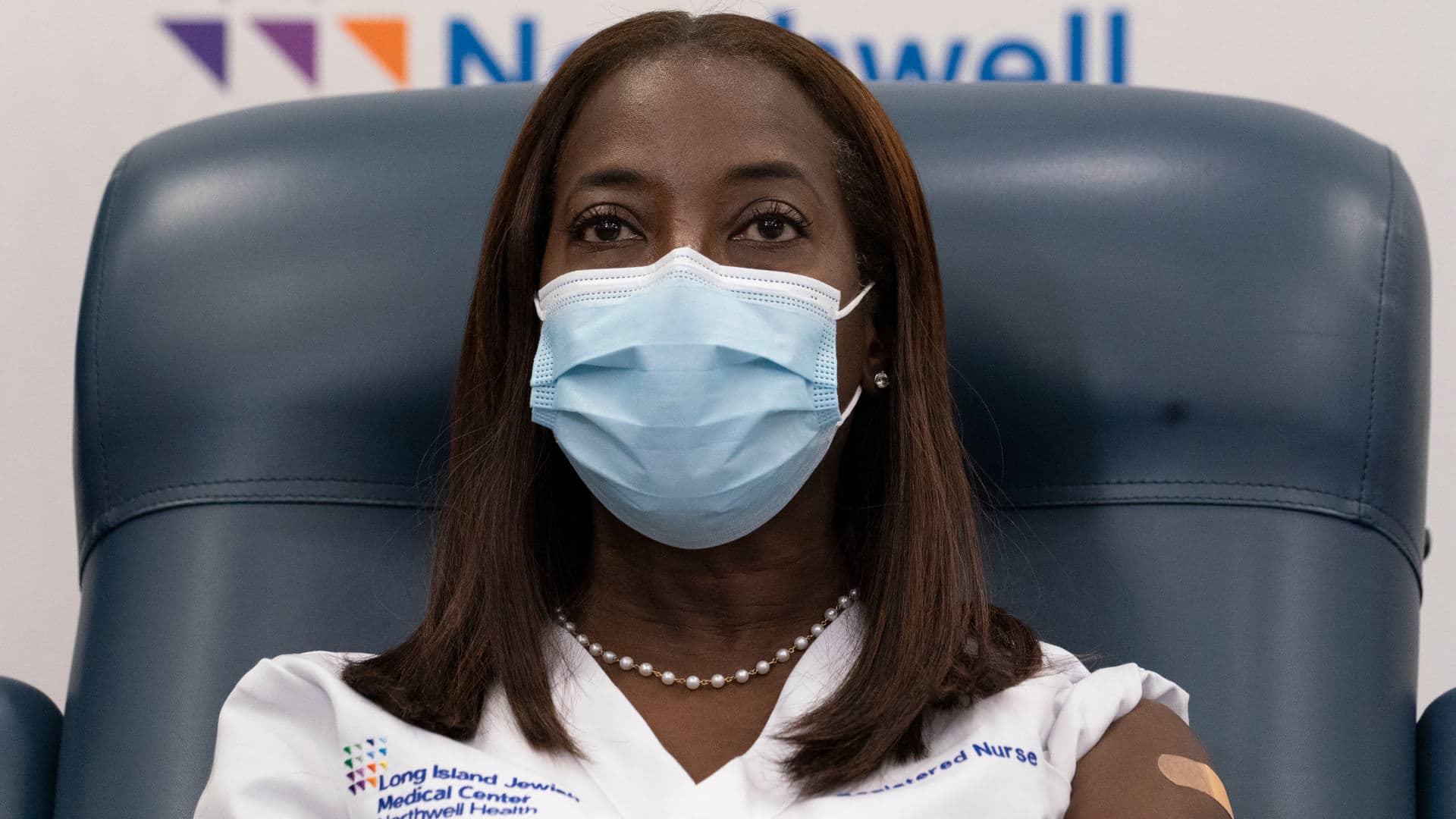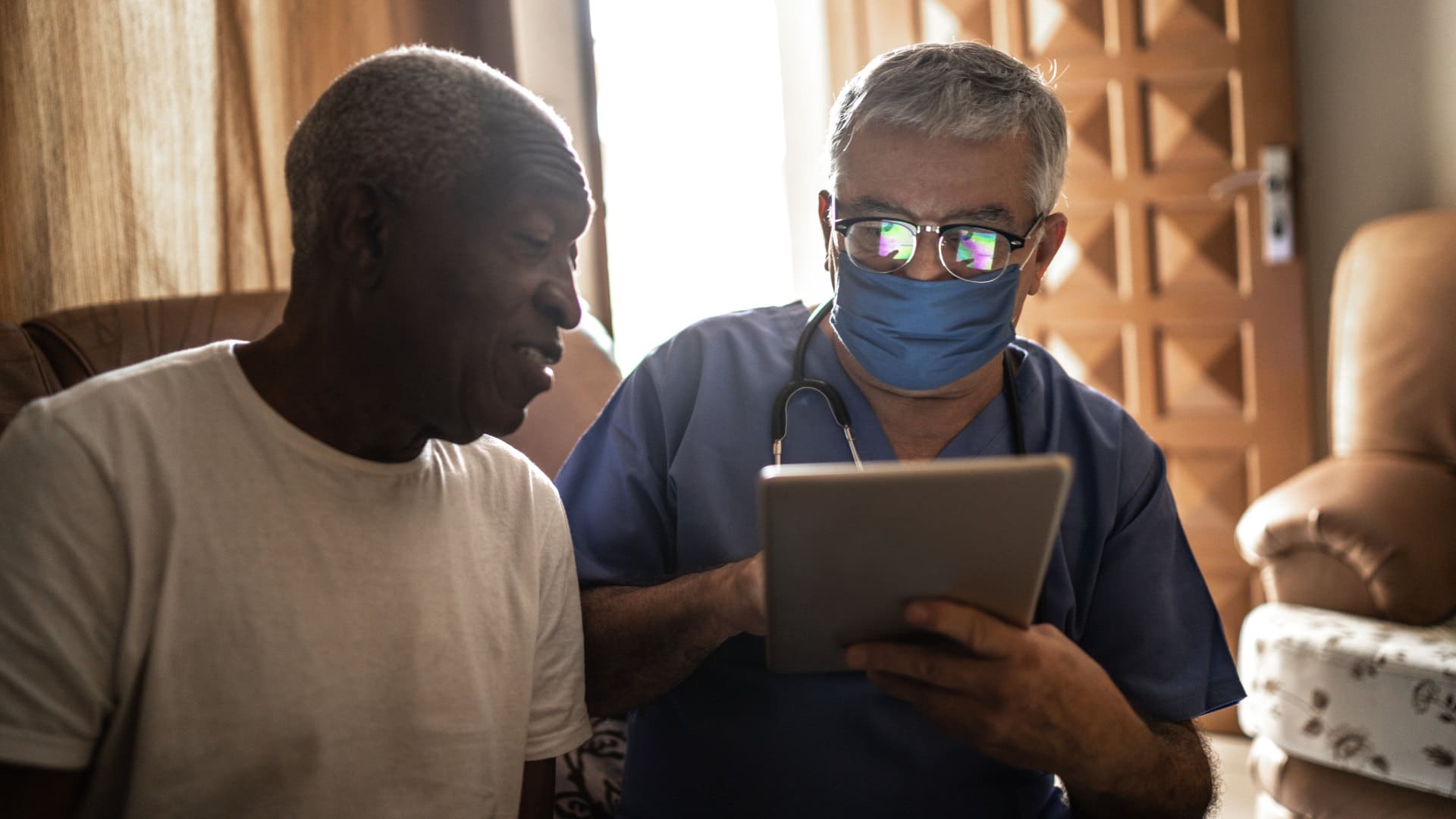As of this writing, more than 425,000 Americans have lost their lives to Covid-19, a heartbreaking number that continues to climb at an alarming pace. Now that highly effective Covid-19 vaccines developed by Pfizer-BioNTech and Moderna have been authorized by the Food and Drug Administration, however, there is hope that an end to the pandemic may be in sight. Although the initial rollout has been tumultuous, some experts remain optimistic that more than 100 million Americans will be vaccinated by late spring.
Overwhelmingly, the available evidence suggests that the vaccines are safe. Despite external pressure from the White House, no steps were skipped in the vaccine development process. And unlike some conventional vaccines, the Pfizer and Moderna vaccines contain no live virus, and therefore cannot inadvertently cause or transmit Covid-19. The vaccines use messenger RNA to help the body make a protein that teaches the cells to develop antibodies to the virus. Because messenger RNA does not enter the cell nucleus, it does not affect DNA.
Even so, wide swaths of the public remain hesitant to take a Covid-19 vaccine, with the distribution showing deep disparities along racial and ethnic lines. According to a Pew Research Center survey conducted last November, just 60 percent of all Americans indicated they would be willing to take an FDA-approved Covid-19 vaccine. That number dropped to 42 percent among African Americans.
The unfortunate irony is that Black communities stand particularly to gain from widespread Covid-19 vaccination. African American, Hispanic or Latino, and Indigenous people are succumbing to Covid-19 at disproportionately high rates — deaths that must be understood in the context of structural racism and entrenched health disparities. For communities of color, the price of vaccine hesitancy could be especially steep.
To be sure, there are deep wounds underlying the skepticism of many Black Americans. We remember all too clearly the Tuskegee syphilis experiment, the harvesting of cancer cells from Henrietta Lacks, and the inhumane gynecology experiments of J. Marion Sims. We feel the sting of discriminatory medical practices that continue to this day. But these injustices shouldn’t cloud our judgement about Covid-19 vaccination.
As two Black nurses with more than 70 years of combined nursing experience, we believe that health providers — especially those who are minorities — must play a key role in providing information, engendering trust, and facilitating informed vaccine decision-making in Black and Brown communities. But it will call for a plan, one that communicates clear narratives about the vaccine and involves a village of trusted community members who are prepared to deliver factual information without being overly coercive or paternalistic. If health care providers are to reconcile, reconnect, and reestablish trust with racialized communities, the following principles will be paramount.
First, health professionals must sharpen our own messaging. We must educate ourselves on the vaccines. We must be able to explain to patients how the vaccines were developed, how they were tested, and how they work. We must communicate clearly, without unnecessary medical jargon. After sharing vital information with a patient, we should ask them to restate what they heard. We must be prepared to communicate effectively with non-English speakers. And we must also be prepared to maintain ongoing conversations with patients; it takes time to garner trust. Meaningful actions like the “Love Letter to Black America,” recently penned by a group of Black doctors and nurses who are part of the Black Coalition Against Covid-19, can provide a starting point.
Second, health care institutions must work with communities to develop and deliver messaging via multiple streams of communication in order to reach multiple generations. Social media is but one venue for countering the numerous inaccuracies and conflicting information circulating among the public. Health care leaders should also be providing resources and support to trusted community organizations. One potential template is the Accountable Communities for Health (ACH) model, which aims to create partnerships between community stakeholders and health care providers and to address not just medical care but social determinants of health like housing and food insecurity. There are currently more than 100 ACHs throughout the U.S. However the ACH model may inadequately capture how structural drivers of inequities like racism fuel community distrust.
Third, health care providers should recognize the unique role that pastors and other faith leaders play in many communities of color. According to the Pew Research Center, three-quarters of Black Americans say religion is very important to them, compared with just half of White Americans. Health care providers, particularly those of color, should partner with these faith leaders to provide information about Covid-19 vaccines and to help them translate jargon for their parishioners.

Immunologist Kizzmekia Corbett leads the NIH’s Vaccine Research Center Coronavirus Team.
In some places, we’re already seeing that begin to happen. In North Texas, for instance, the pastor of a predominantly Black church recently invited the National Institutes of Health’s Kizzmekia Corbett — who is also Black and has helped lead the NIH’s Covid-19 vaccine efforts — to share evidence-based information with the church’s parishioners. According to the pastor, the conversation resulted in some church members expressing more trust and belief in the information they received.
Finally, health care administrators must bear in mind that vaccine administration can be a logistically complicated undertaking, especially in Black and Brown communities where access to health care may be limited. To facilitate the delivery and administration of tens of millions of vaccine doses, it will be important to forge new relationships between local health departments and health-professional education programs such as nursing schools. In Illinois, where one of us practices, city, county, and state health departments are partnering with area medical, nursing, and pharmacy schools to provide support for vaccine administration and follow-up. Illinois has passed legislation to permit some emergency medical technicians to administer vaccines as well. Several other states are also gearing up to have students support vaccine administration.
Furthermore, some states are allowing dentists, pharmacists, and pharmacy technicians to administer the vaccine when it becomes more widely available. To boost access, Illinois is considering offering vaccines at drive-through sites, in large open spaces such as city colleges, and at small community sites. This kind of all-hands-on-deck approach will be vital for reaching people in marginalized communities who may lack access to health care.
More than 60,000 Black Americans have died from Covid-19. Blacks are 1.4 times more likely than Whites to become infected with the disease, 3.7 times more likely to be hospitalized, and 2.8 times more likely to die from the disease. Some Black Americans may understandably feel that the health care profession’s sudden interest in the wellbeing of Black and Brown folks is disingenuous.
 |
For all of Undark’s coverage of the global Covid-19 pandemic, please visit our extensive coronavirus archive. |
But the scourge of health inequality did not begin with Covid-19, and it won’t end there either. Injustices like the treatment of Dr. Susan Moore, who died of Covid-19 after a doctor at an Indiana hospital downplayed her respiratory distress and complaints of pain, are emblematic of deep-rooted systemic racism in health care — racism that must continue to be fought with every available weapon.
In the long run, addressing racism and the ways in which economic policies contribute to disparate health outcomes could bridge the gap between communities and health care providers. Greater racial concordance in health care could also help to improve patient outcomes. Studies have shown that Black and Brown patients are more likely to respond positively to providers who look like them and who have shared cultural beliefs and life experiences.
In the short run, lawmakers, health professionals, and community members alike must do everything possible to quell a pandemic that is claiming hundreds of Black and Brown lives every day. We must push for greater access to health care and mitigate inequitable treatment while we combat vaccination fears with science, and distrust with wisdom.
Dr. Wrenetha Julion is professor and department chair at Rush University College of Nursing and a Public Voices Fellow with the OpEd Project.
Dr. Kenya Beard is associate provost for Social Mission and Academic Excellence at Chamberlain University and the chair of the American Academy of Nursing’s Diversity & Inclusivity Committee.












Comments are automatically closed one year after article publication. Archived comments are below.
Good tips for sure for medical workers.
But on the other side, there are very few vaccines available. If 60% of people don’t want them right now, let them have that autonomy and agency, instead of blaming it all on “the system”. Let them accept that responsibility that comes from making their own decisions.
Get the vaccine to the 40% of people who WANT it, first. The rest will follow in time, or accept the responsibility of not. The correct information is already out there.
There is no medical or government system trying to spread the wrong information to these communities. It cannot be their fault if someone believes in conspiracies and bad info from elsewhere.